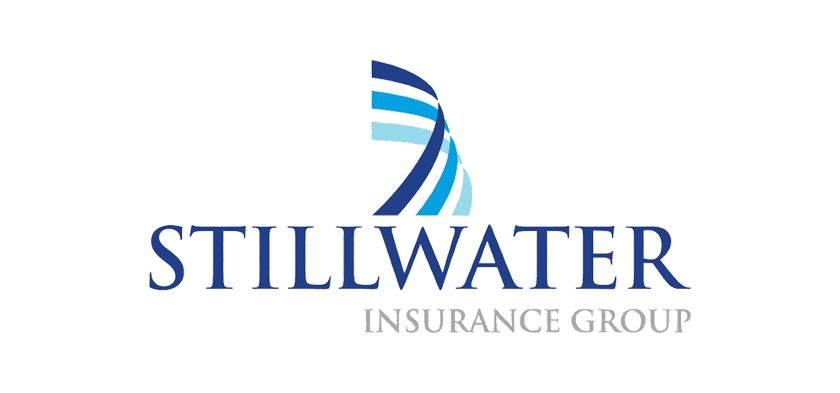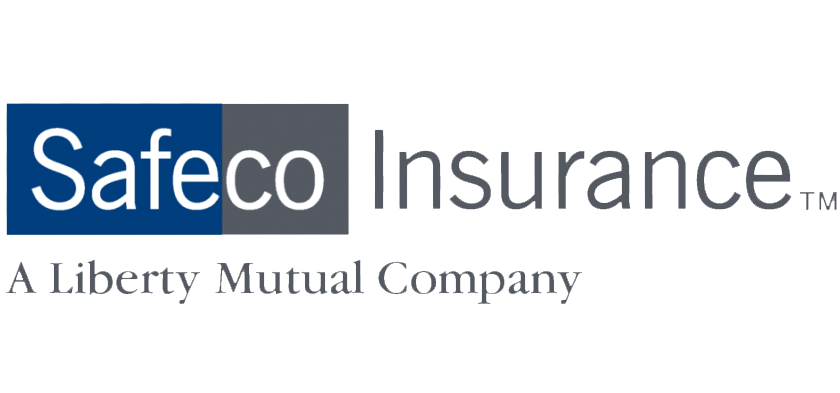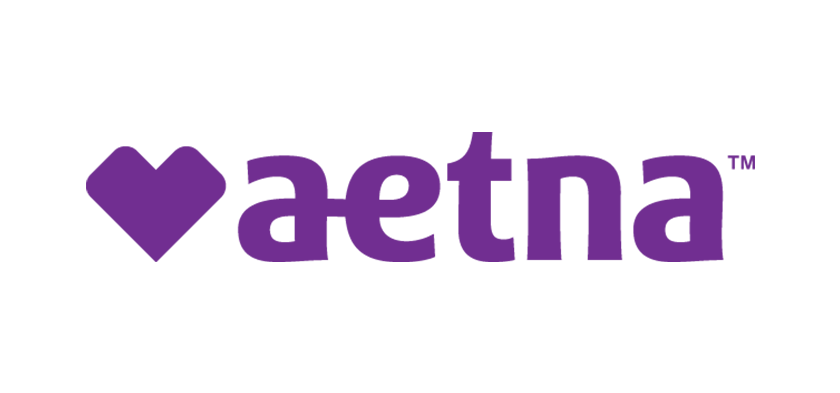What is a Surety bond?
A surety bond is a binding contract between three parties: the principal (you or your business), the surety (Boost), and the obligee (the customer/entity requiring the bond). The surety guarantees to an obligee that the principal will act in accordance with the terms of the bond.
You may be obligated to provide a bond as part of a business license or contract requirement. Being bonded may also help you attract new business. Potential clients might take comfort in knowing they will be protected by it.
We offer far more types of surety bonds than we can possibly list here. So, we’ll only highlight the more common ones:
- License and permit bond
- Public officials bond
- Probate bonds
- Other types of surety bonds
- Contract performance bond
Why you may need a surety bond?
Surety bonds are often required of businesses or professionals who provide services to customers. These bonds are meant ensure the business or professional will do their work in accordance with the licensing laws and other regulations.
- As a business owner, you may need a surety bond to guarantee payment for state sales taxes or utility bills.
- If you’re the administrator or executor of an estate, a bond may be required to ensure that you faithfully execute your fiduciary duties in accordance with the law.
- Notary publics are required to post bonds in most states.
What is a fidelity bond?
Fidelity bonds are insurance policies that offer businesses protection against loss of money and securities caused by fraudulent or dishonest acts committed by employees.
Common types of fidelity bonds include:
- ERISA bonds were created as part of the Employment Retirement Income Security Act. They are insurance policies that protect retirement plans against losses that result from fraud or dishonesty.
- Business services bonds protect your customers against acts of dishonesty or theft committed by you or your employees while working on the customer’s premises.
- Condo and homeowners association bonds offer protection against dishonesty by employees, directors and officers, or others who have access to association funds.
- Employee dishonesty bonds insure businesses against dishonest acts committed by their covered employees.
- Non-profit organization bonds offer protection from dishonest acts of employees who have access to the organization’s funds.
- Blanket vs. schedule fidelity bonds
Fidelity bonds also offer you the flexibility to cover specific employees or job positions (schedule bonds) or all employees (blanket bonds).
















